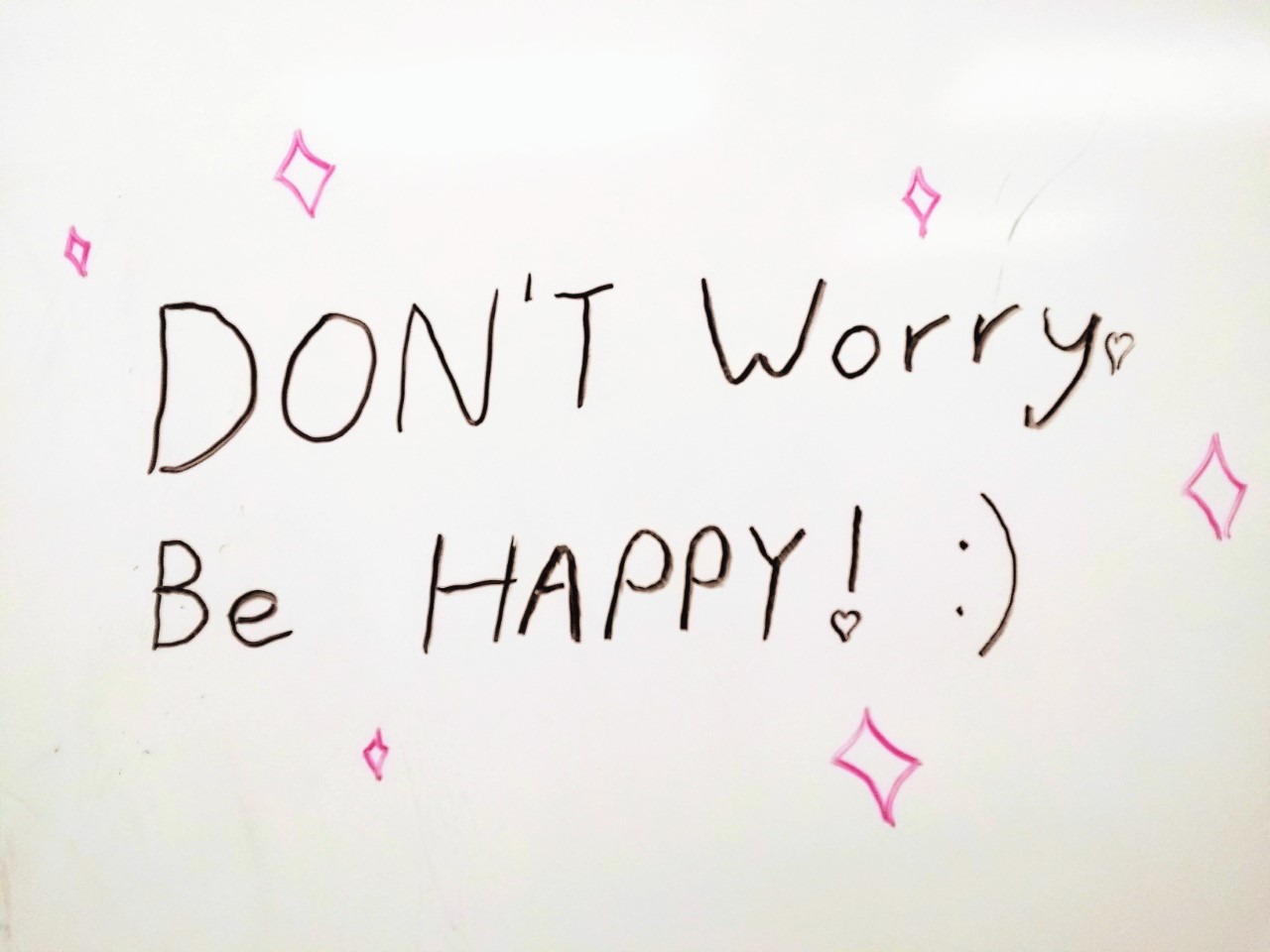Whether they know it or not everyone has been in a situation where they were subjected to positivity. Sometimes it comes in the form of being told: “it could be worse.” Other times toxic positivity is more subtle in the behavior of people.
Clinical psychologist Dr. Jaime Zuckerman defines toxic positivity as “ the assumption, either by one’s self or others, that despite a person’s emotional pain or difficult situation, they should only have a positive mindset.” It is the belief that positive feelings are always good and better than negative feelings, and that one should always strive to maintain positivity.
All people are affected by toxic positivity in today’s world. College students in particular are especially subject to it. Social media is indeed a cause of this, but the in-person atmosphere of college campuses can also produce a bubble of toxic positivity.
It is not uncommon for college students to force themselves to be positive to avoid burnout, stress, and frustration. There is a heavy burden on college students to perform well, as it is believed that our future depends on getting a degree. This weight can be overwhelming, and a break in motivation can lead to a break in GPA. Many students will push themselves to suppress their feelings and keep going.
Faculty members may try to encourage students who seem to be struggling, but often they use toxic methods. Downplaying a student’s struggle is not the way to go, and validating a student’s emotions may do more good than simply complimenting them or reassuring them that “everything is going to be okay.”
Student organizations are also guilty of toxic positivity. How many forced smiles have you seen at tabling events for honor societies? How many artificial friendships have you made in Greek life or a sports team? Toxic positivity is built into the norms of student organizations. We assume that every organization has to be done with the highest energy. This is not to say that these events should not be fun or happy. This is not to say that events should be dark and sad. This is simply to say that student organizations need a more natural air to them. A place where students can be comfortable and not have to put on a facade.
College campuses should be this way too. Students should not have to push themselves to feel positive all the time. They should not have to compare their struggles to someone else’s. It is okay to not feel okay. It is okay to not be at your best. It is not a competition. Someone else’s struggles do not invalidate yours. Most importantly, nothing is wrong with you for not feeling great. You do not have to fix yourself or be perfect.
Being positive has its place. It is good to be kind to others and check in on your friends. However, it is time that college campuses become more real. Perhaps the mental health of many students would improve if they did not feel the pressure of toxic positivity.







